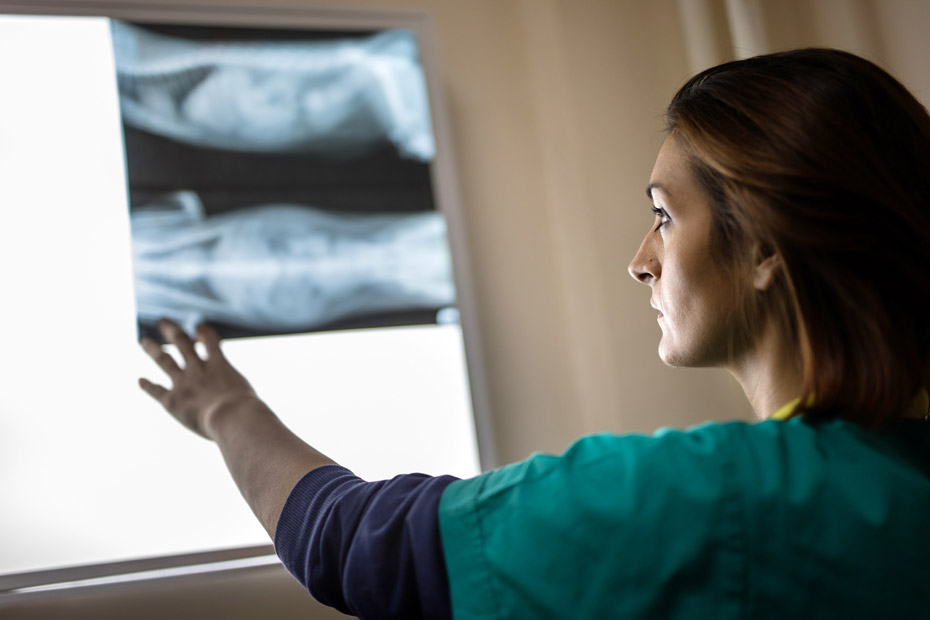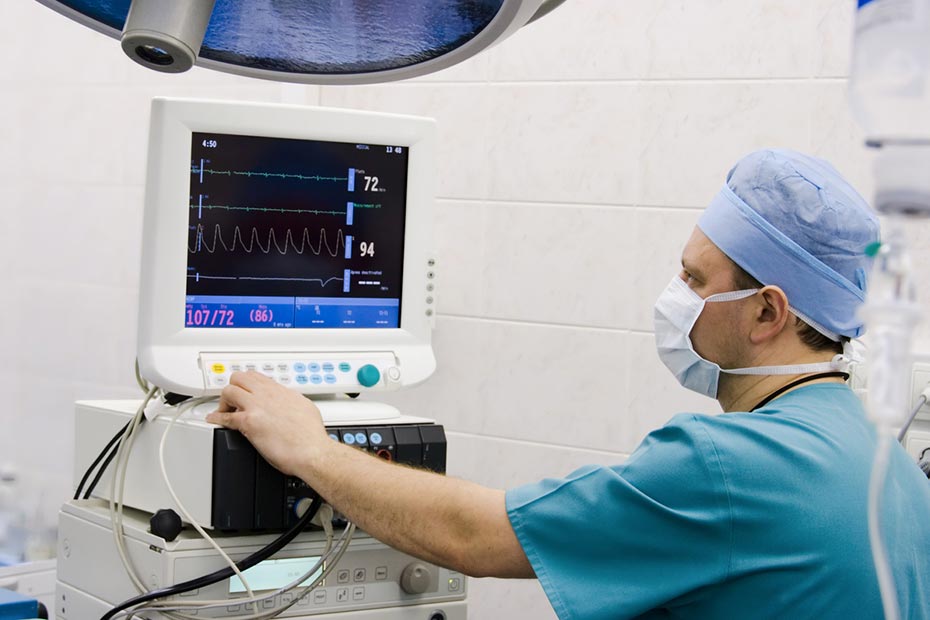Planetary health is a solutions-oriented social movement that analyzes and addresses humanity’s effect on Earth’s natural systems and its impact on human health. It focuses on protecting the important basic elements for life — air, water, and soil — for current and future generations.
Physicians are trained to do no harm, and today, that includes caring for the planet while also helping patients affected by climate change.
In response to this and to expand its commitment to creating a sustainable future, the University of Ottawa’s Faculty of Medicine recently appointed Dr. Husein Moloo as its first Director of Planetary Health — the first of its kind in Canada.
Making medical practices more environmentally sustainable
While Indigenous people have recognized the idea of planetary health for thousands of years, medical practitioners are just discovering how sustainable healthcare contributes to the health of this planet.
Dr. Moloo is an Associate Professor of Surgery at the Faculty of Medicine, a colorectal surgeon, and a clinician educator in planetary health for the Royal College of Physicians and Surgeons of Canada. He collaborates within the Faculty of Medicine, across uOttawa’s partner institutions, and with environmentally ambitious institutions worldwide.
“Lots of people don’t understand the intersection between climate change and healthcare’s impact on that,” explains Dr. Moloo. “One often-quoted statistic is, ‘if you were to take healthcare as a country, its carbon footprint would be equivalent to the fifth-biggest country.'”
“But that number will hopefully change quickly: When you start looking at your practice with an environmental lens, you realize the opportunities are everywhere — from food waste to providing appropriate care, to reducing our testing, to improving screening in our populations. I’m seeing more and more healthcare professionals getting involved with driving change.”
Quality improvement: a plan and a purpose
The World Health Organization identifies climate crisis as the largest public health emergency.
Dr. Moloo’s mandate includes researching climate change’s effect on human health and healthcare’s effect on the environment, helping decrease the faculty’s and its partners’ carbon footprints, and establishing a sustainability-focused educational curriculum.
“One nice intersection between looking after the planet and things already embedded within our healthcare system — and residency training programs — is the notion of quality improvement,” he says. “This exists in every hospital and almost every department. So, instead of just looking at the economic effects of quality improvement, you can also look at environmental impact and social accountability. Once you reframe that equation, those opportunities become easier to identify and do something about.”
Integrating a focus on planetary health need not be overwhelming. “Physician burnout is a real thing, and for many of us, eco-anxiety is a big piece of that,” says Dr. Moloo. “One great way to combat that is meaningful eco-action,” he says.
“The key is thinking about sustainability within everyday decisions. There are many opportunities to make an impact, whether it’s focusing on reusable devices or virtual care when possible.”
Planetary health education for medical students
“Climate change interacts with every aspect of human health and every organ system,” he explains. “So by having a little bit in the respiratory section, the reproductive health section, the infectious disease section, and the mental health section — you’ve included it longitudinally, and people understand the connection and clinical implications of it.”
Dr. Moloo wants to include planetary health education across the curriculum for med students — instead of as a one-off lecture. So far, students have driven much of the buy-in and action around planetary health.
For example, the student-led CFMS Heart has developed innovative ideas for a medical school curriculum vetted by faculty advisors and experts in the field.
“We’re going to use that as a guiding document. There’s a very collaborative network across the country, and if we’re going to see change, we can’t all be trying to create our own empires in planetary health. We need to learn from each other and scale change that makes sense,” adds Dr. Moloo.
University of Ottawa medical students also created a guide to sustainable medical events.
“They have ideas like: Don’t use single-use plastics, aim for a plant-based diet, and encourage RSVPs to minimize food waste — simple, tangible things that all of us can do. I’m hoping every department adopts it in our faculty,” he says.
Primum non nocere
“One of the positive surprises I’ve seen is the genuine interest and motivation of organizations to get involved and see change happen with respect to improving healthcare so it’s more sustainable,” says Dr. Moloo.
For example, the Canadian Surgical Forum is using planetary health as its theme for its 2023 conference, and the Royal College is incorporating planetary health as one of its main pieces of strategy for the next three years, he adds. Thinking about future generations is positively propelling the healthcare sector.
“From a moral and ethical perspective, planetary health lines up with everything most of us believe in: doing no harm. We get so focused on providing care to the people in front of us, but we also must provide that care with the idea, the hope, and the expectation to leave behind a healthy planet so that future generations also can lead healthy lives.”
Related stories:
- Canada needs more doctors—and fast
- Specialty Scoop: CyberPatient [Podcast]
- Specialty Scoop— Creating an App for Medical Education [Podcast]
This article is intended as general information only and is not to be relied upon as constituting legal, financial or other professional advice. A professional advisor should be consulted regarding your specific situation. Information presented is believed to be factual and up-to-date but we do not guarantee its accuracy and it should not be regarded as a complete analysis of the subjects discussed. All expressions of opinion reflect the judgment of the authors as of the date of publication and are subject to change. No endorsement of any third parties or their advice, opinions, information, products or services is expressly given or implied by Royal Bank of Canada or any of its affiliates.



















